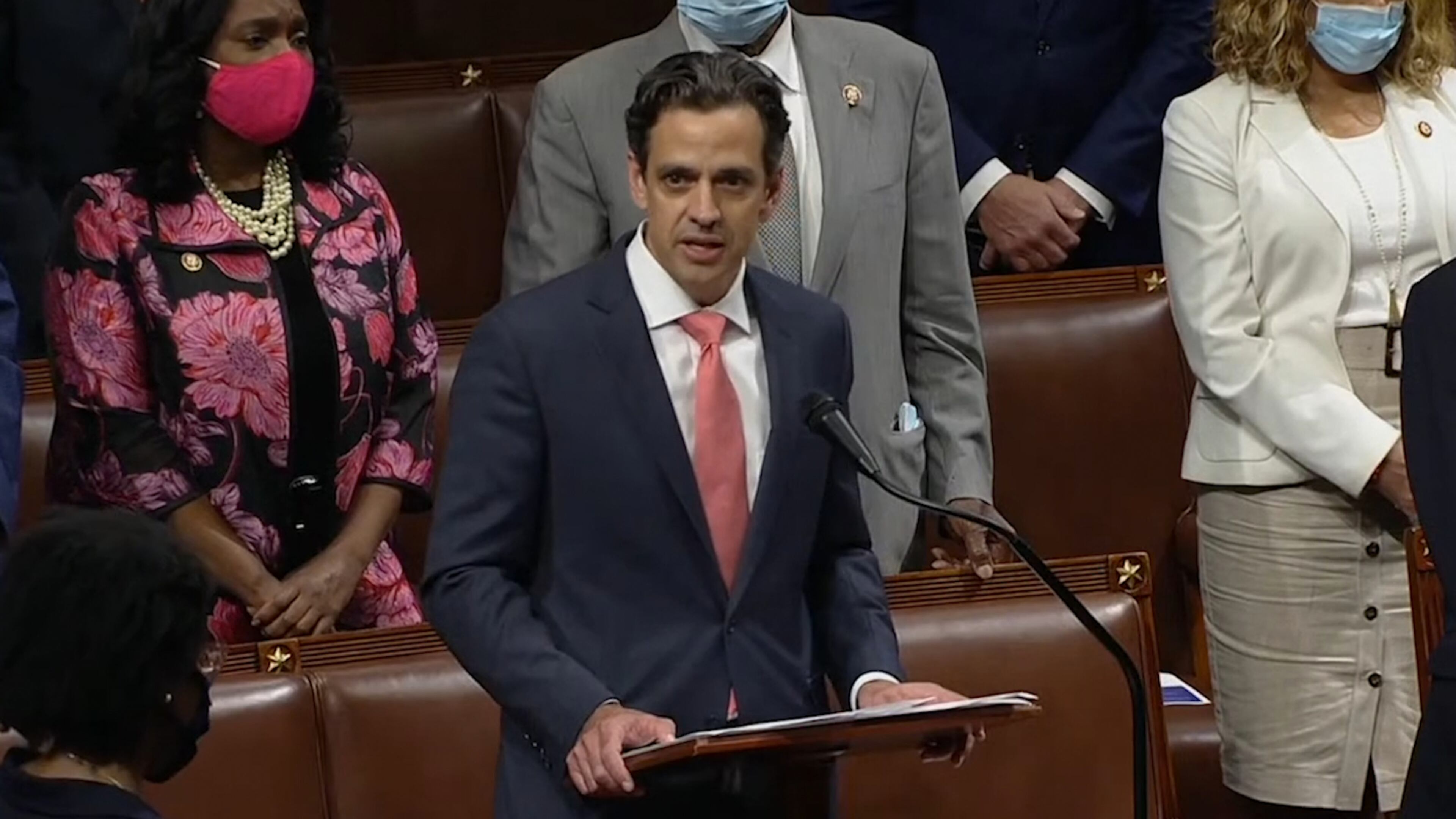Retired Congressman Tom Graves has joined D.C. lobbying firm

WASHINGTON — Tom Graves may not be in Congress anymore, but he hasn’t left the “swamp.”
Graves is now the president and CEO of the rebranded Ervin Graves Strategy Group, a Washington-based lobbying firm previously known as Ervin Hill Strategy. Graves said he will travel between Washington and Georgia, where the company will have an Atlanta office, and his focus is on “consulting for businesses as it relates to public policy."
The northwest Georgia Republican left office earlier this month with about $1.9 million remaining in his campaign account. He will leverage that money in the next phase of his career to help others seeking office, some of whom his firm may be lobbying.
“What I plan to do with the remaining funds is consolidate my various campaign accounts into one federal PAC that will be renamed, and it will be used for advocacy for public policy and/or candidates in a bipartisan way,” he said.
Graves is one of two retiring members of Georgia’s congressional delegation. U.S. Rep. Rob Woodall, R-Lawrenceville, decided not to seek another term in the growingly diverse and Democratic 7th District in suburban Atlanta.
Woodall has wound down his campaign committee, leaving no balance behind. He has not said what his post-congressional plans are, and a spokesman said those details will be kept private.
Graves announced in December that he would not run for a fifth full term in the U.S. House. He stepped down before the end of his term, officially on Oct. 4, leaving the seat empty for about three months. He said in September that the conclusion of the Modernization Committee’s work left him with nothing further to accomplish in office. That panel, on which Graves served as co-chairman, recently released its final list of recommendations intended to make Congress more efficient and less partisan.
He decided against making a farewell speech. Graves said he wanted his remarks in July after Democratic U.S. Rep. John Lewis’ death to be his final statement from the House floor. He said then, "We should all strive to be a little bit more like John: humble, grateful and thankful for the opportunity to leave this nation in better shape for the next generation.”
It is common for former members of Congress to join the ranks of Washington’s influence industry in various capacities. Out of 106 members who left office in 2019, 27 joined lobbying firms, according to the Center for Responsive Politics. Nine more accepted jobs at trade associations that lobby or political committees.
Former House members must wait one year before they lobby Congress, but that rule doesn’t apply to the executive branch. Newly retired members often use their expertise to advise clients on strategy without formally signing up to lobby. They also can serve as rainmakers, bringing in clients to lobbying firms.
Since his firm will have an Atlanta office, he could also lobby his former colleagues in the Georgia General Assembly.
Graves was first elected to Congress after a 2010 special election that was triggered when Nathan Deal resigned to run for governor. Graves was a real estate investor who had developed a reputation as a conservative firebrand during seven years in the General Assembly.
He rode the small-government, conservative populist tea party wave into office, pledging to cut federal spending and balance the budget. Sometimes those positions put him at odds with Republican leaders, and Graves' attempts to rise in the ranks were thwarted. Over the years, he became more pragmatic and now speaks often about civility and bipartisanship.
Graves endorsed his apparent successor in Georgia’s 14th Congressional District, Marjorie Taylor Greene, despite controversies that include calling House Speaker Nancy Pelosi a “bitch” and videos in which she spread baseless conspiracy theories or made racist and xenophobic comments. Greene, a Republican who lives in Rome, is running unopposed on the ballot.
He said he hopes people take the time to get to know Greene and give her space to evolve.
“I’m probably one of the greatest examples of that, which you’re seeing over the last decade if you track my political career," he said. “Somebody who went in as a very partisan person, I since have concluded my congressional career the co-chair of a bipartisan committee trying to bring people together, not divide people.”


